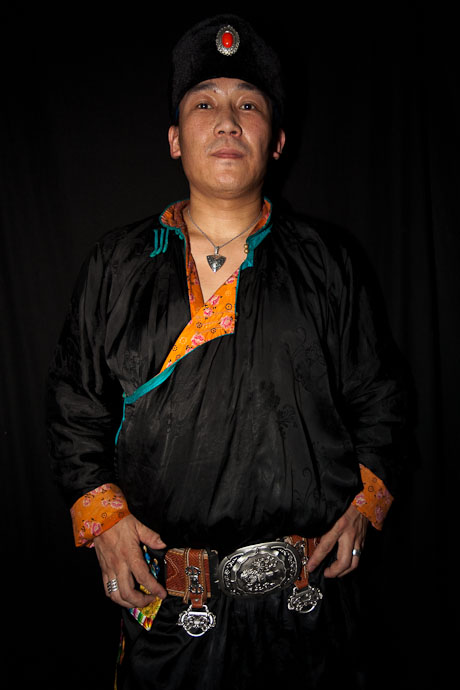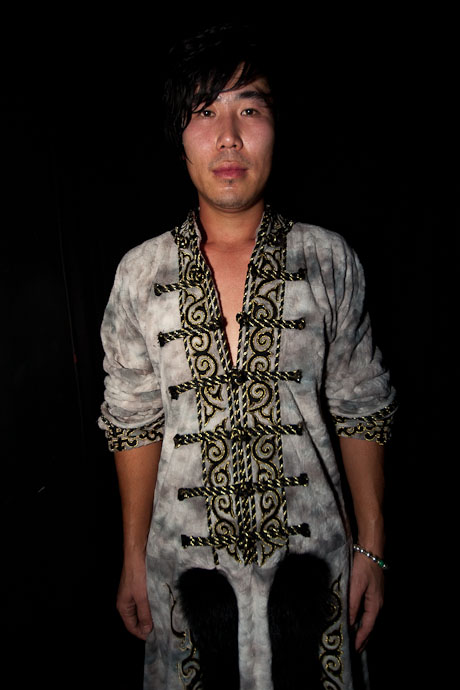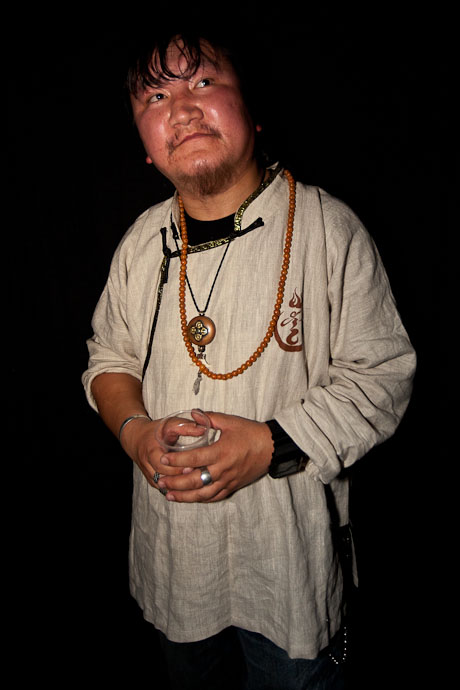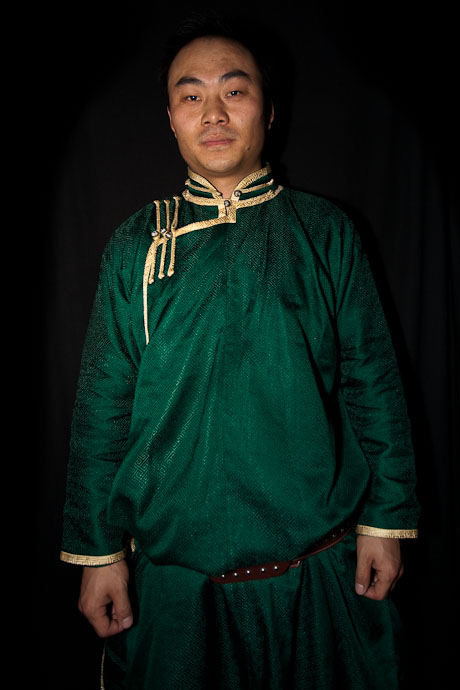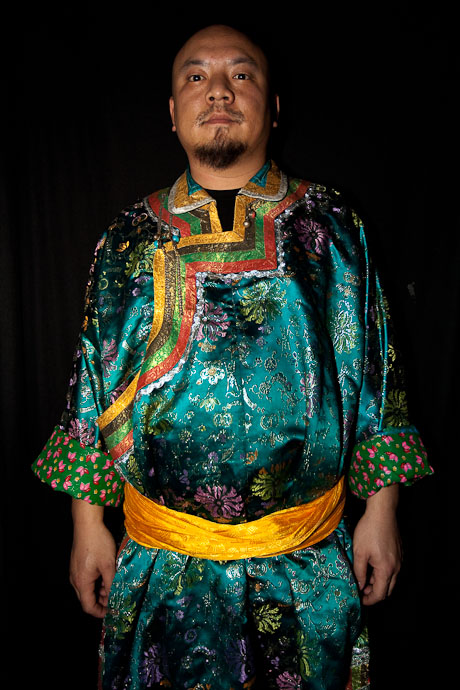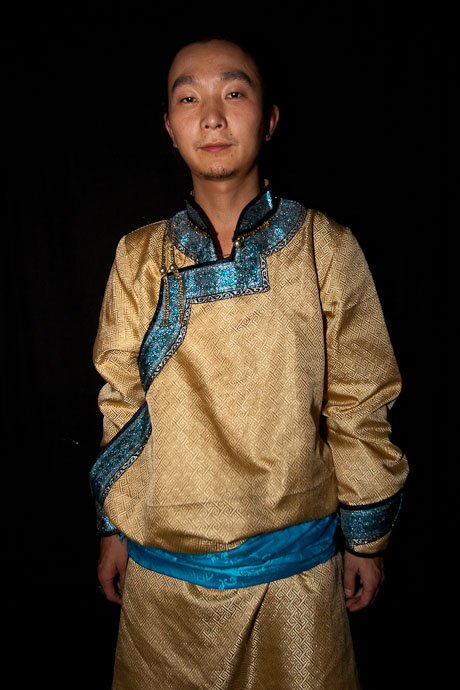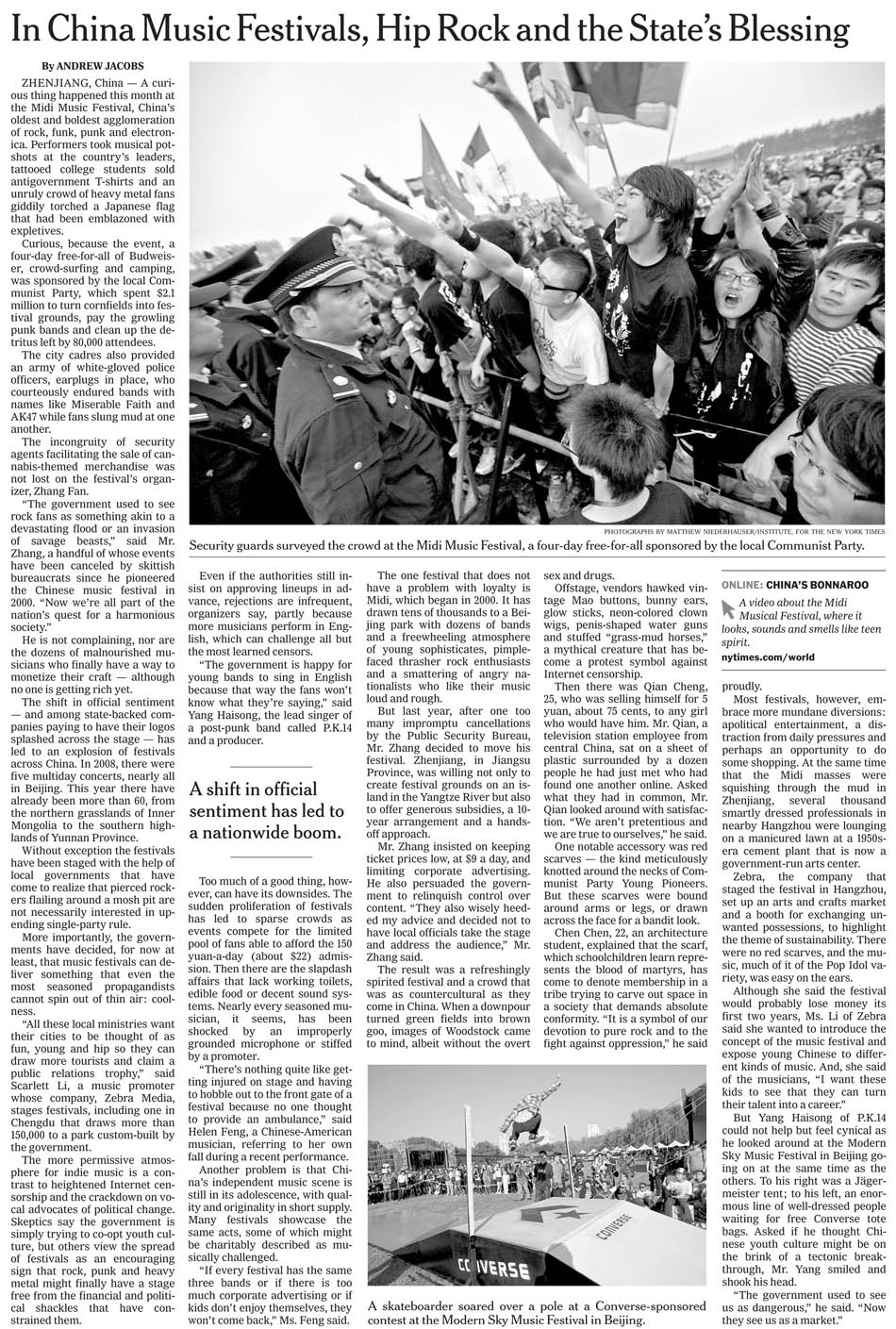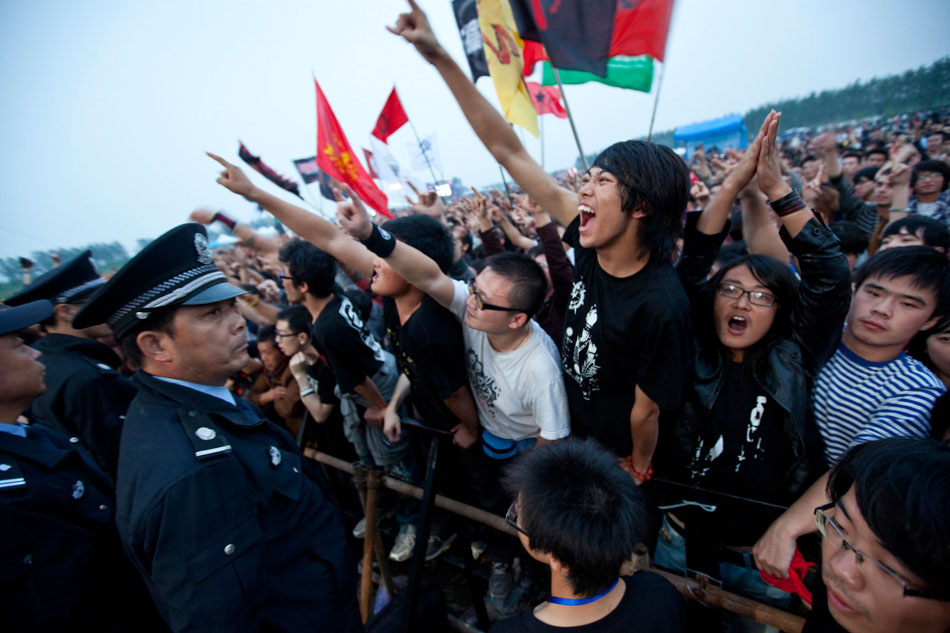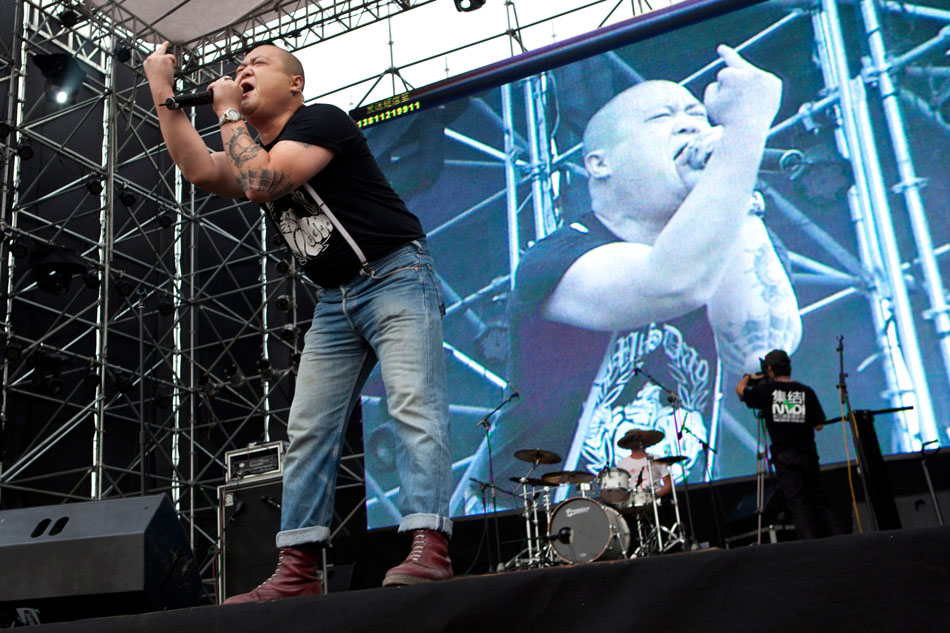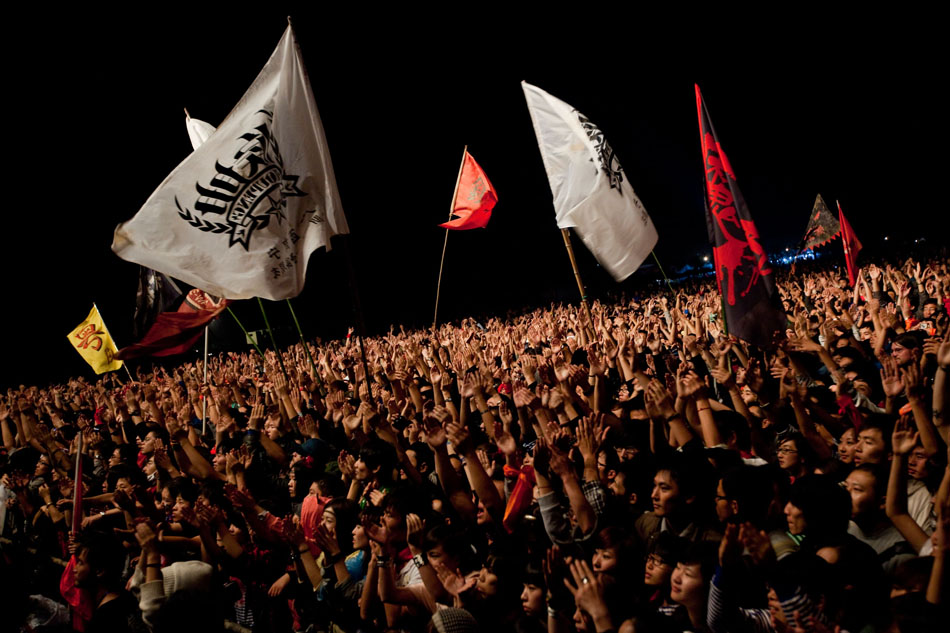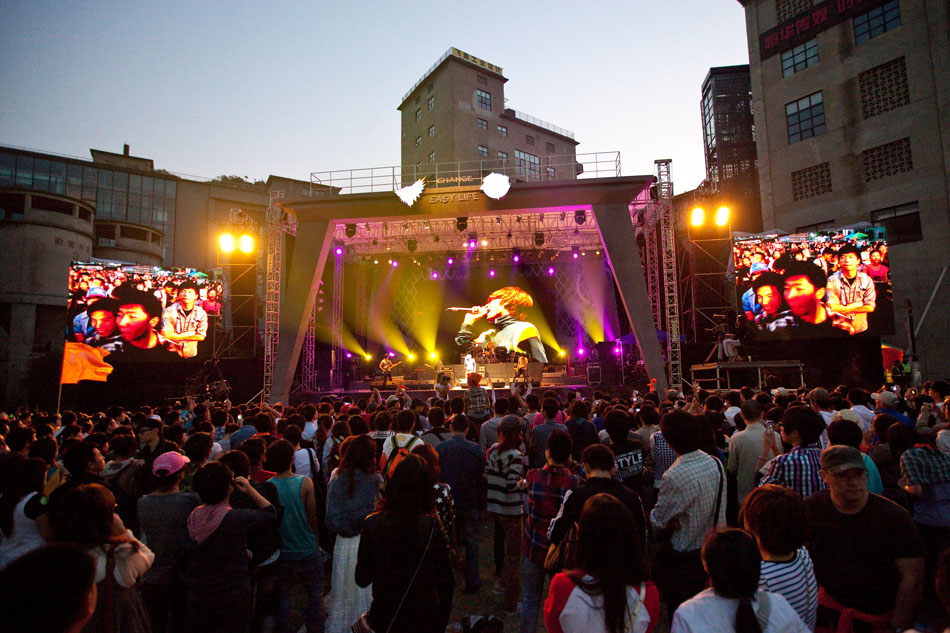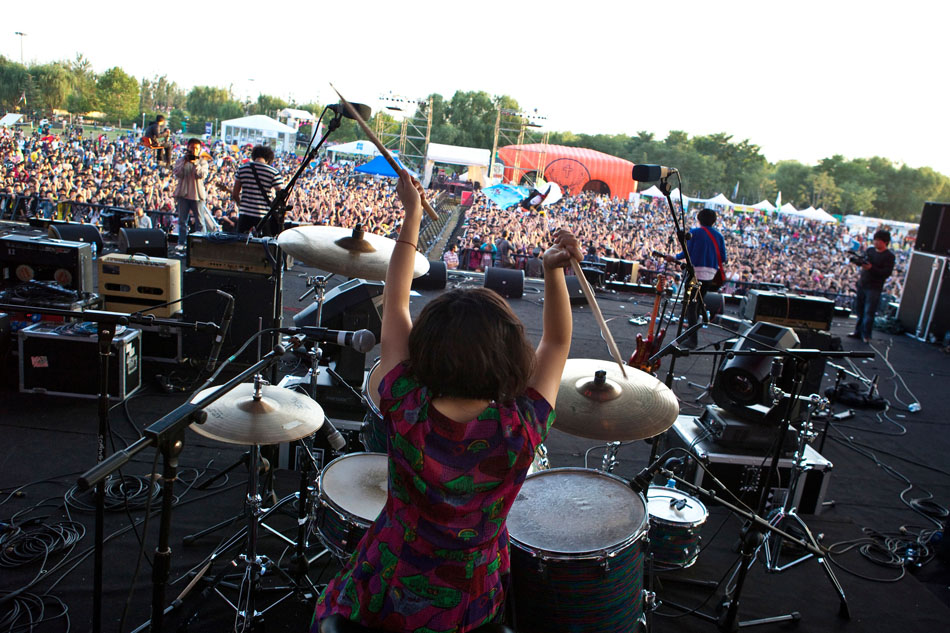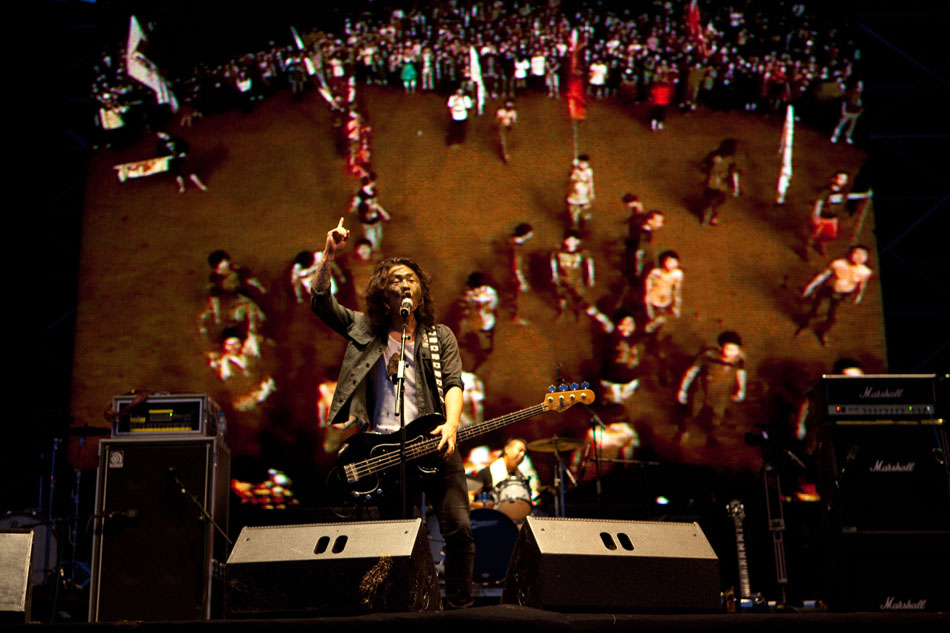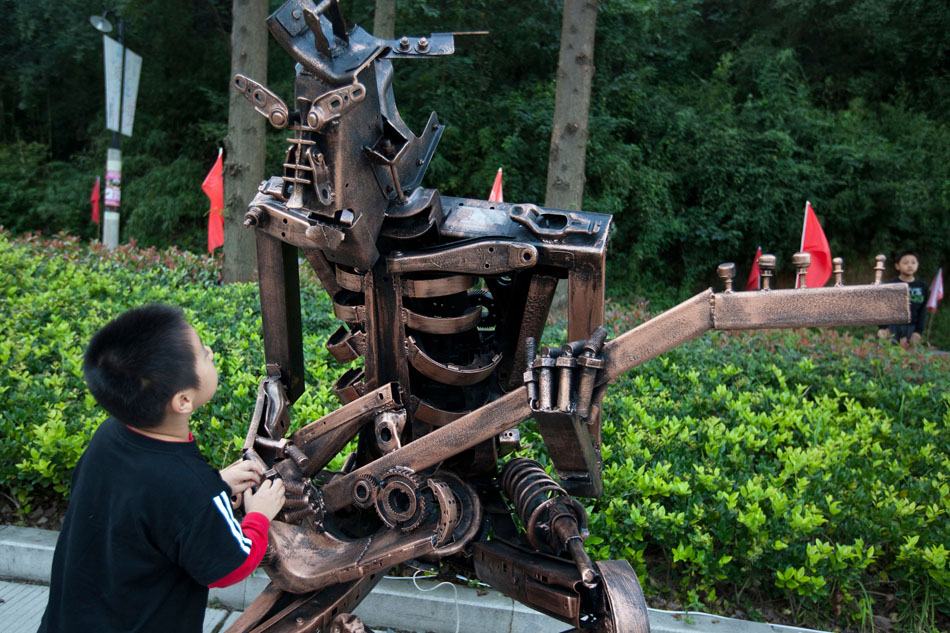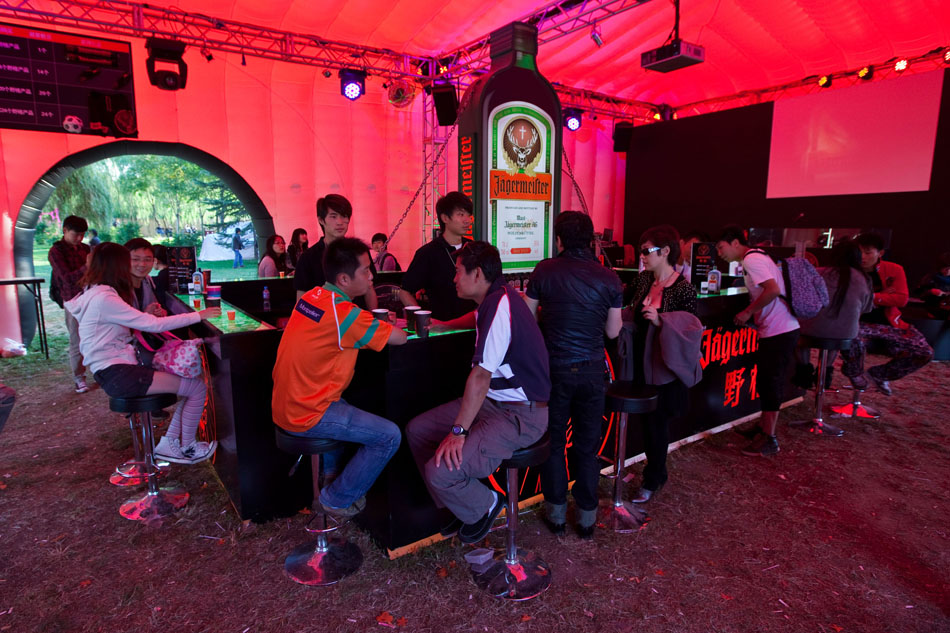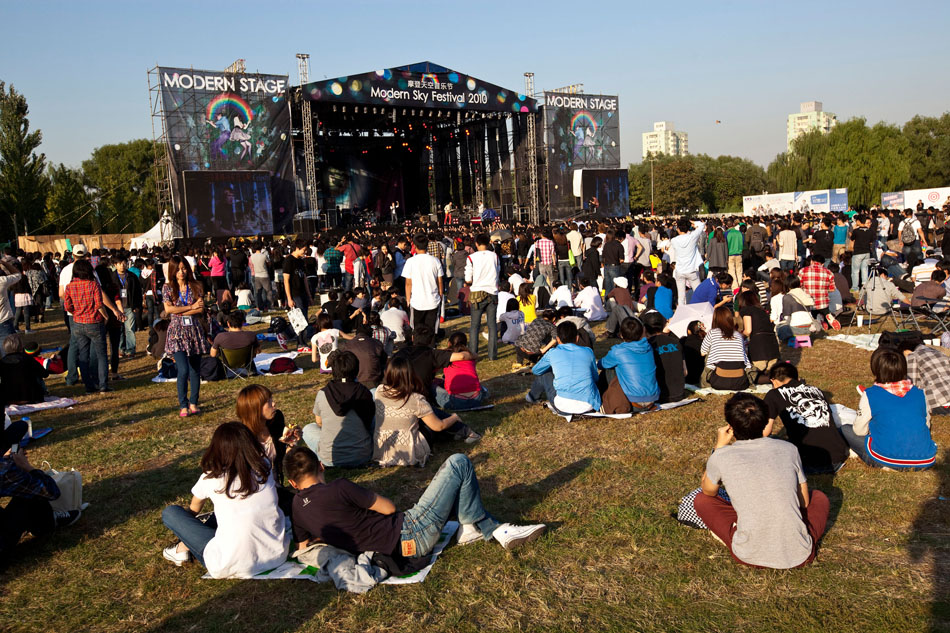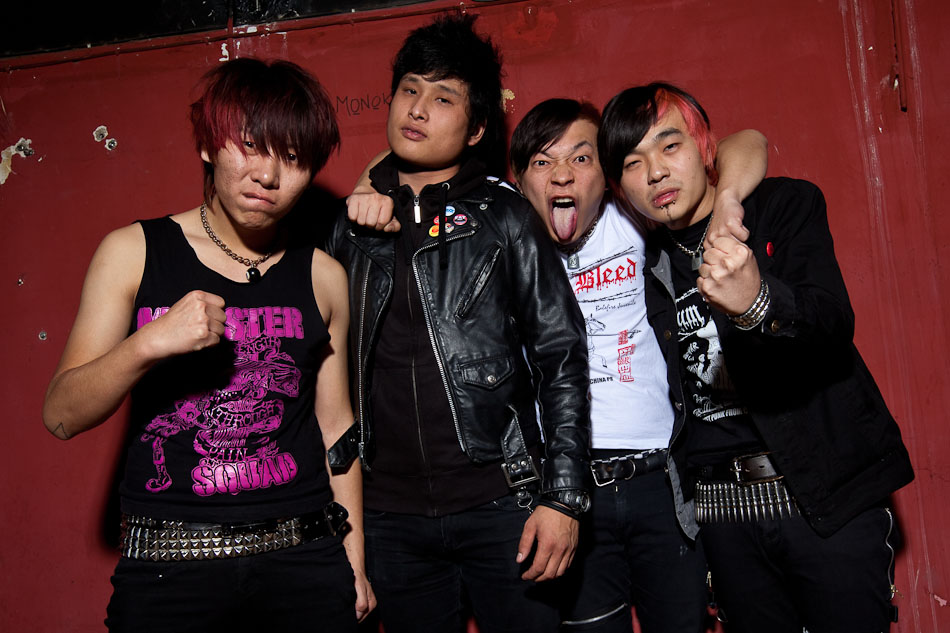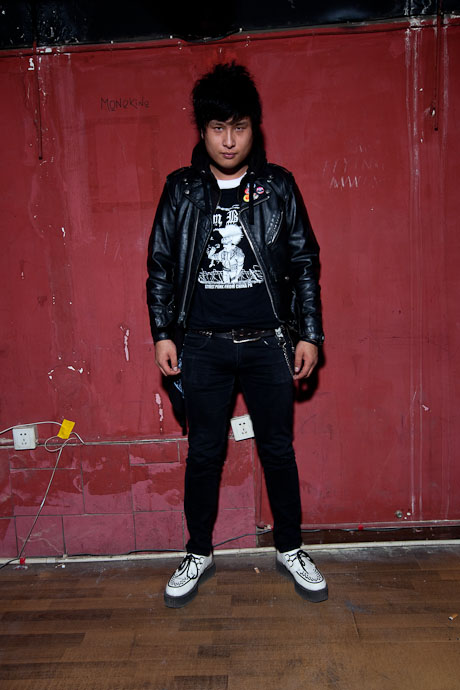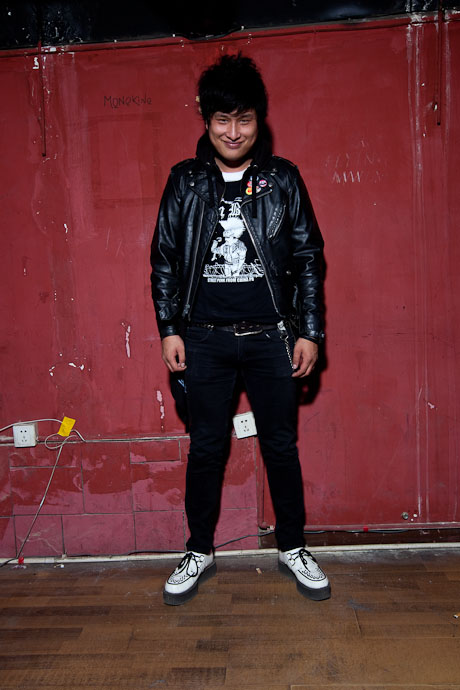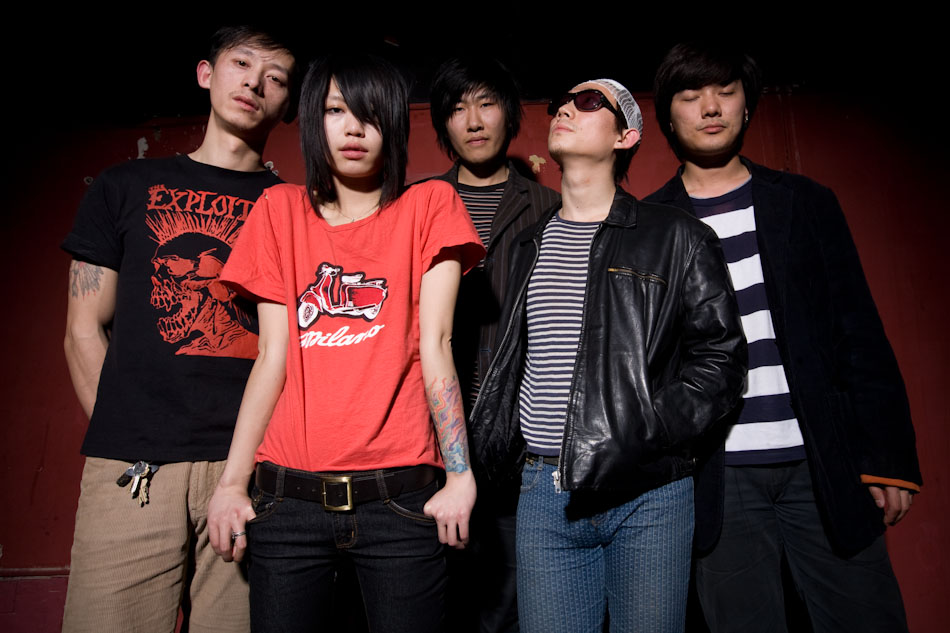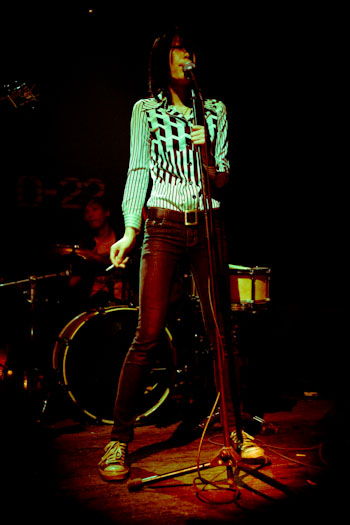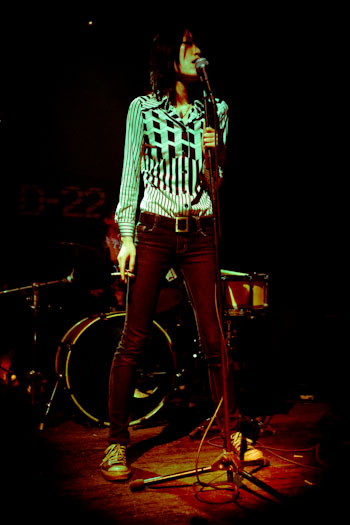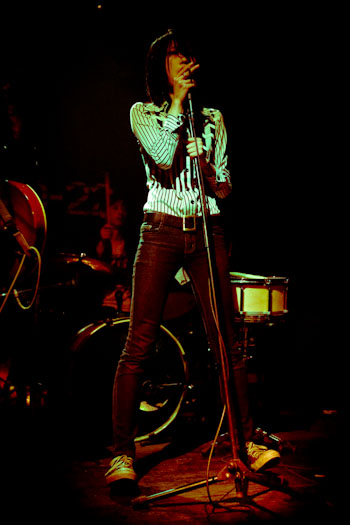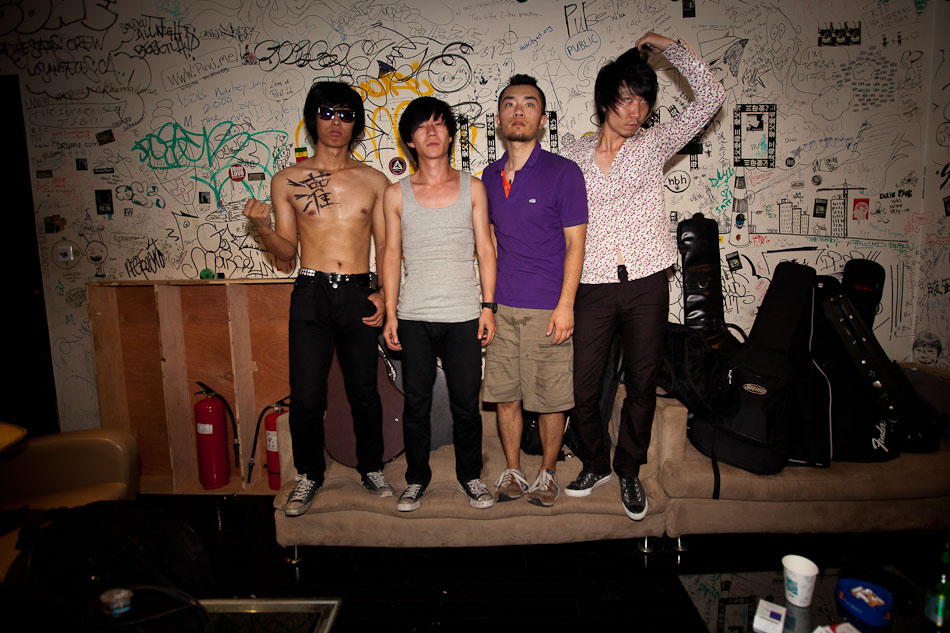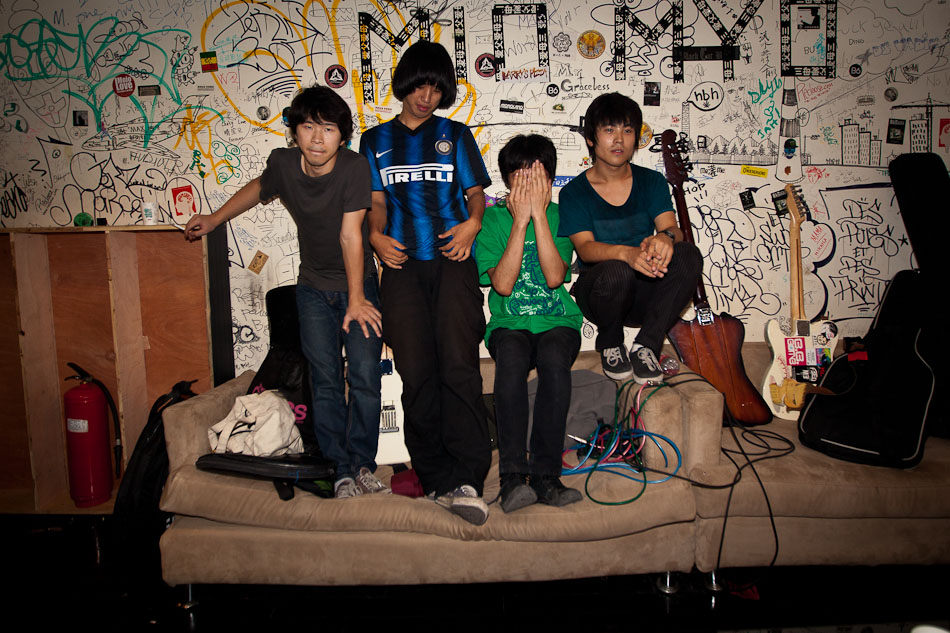Hanggai Hits the Road: He Who Travels Far CD
Hanggai released their new album He Who Travels Far to a rowdy crowd at Yugong Yishan last month. The highly anticipated sophomore release for the punk-folk-Mongolian sextet hits high marks once again, much like their first album, Introducing Hanggai, which received extensive praise from Pitchfork. Hanggai’s story is rather incredible. Ilchi, the founder of the band, originally played in early punk groups around Beijing where he moved to at the age of twelve before undergoing a bit of a personal crisis and returned to his Mongolian roots in Inner Mongolia. Inspired by the folk music and vanishing traditional life of his homeland, he learned how to throat sing and play the tobshuur, a two-stringed Mongolian banjo. The songs he subsequently began to write on his own, however, moves far beyond customary Mongolian music by incorporating modal structures and beats that draw strongly from his rock and punk background. The new album thus ranges from traditional, hauntingly beautiful tunes to more bawdy, uplifting drinking songs. Like much of modern China and its ongoing synthesis of different cultures, Hanggai is difficult to peg in a very refreshing way. Their unique sound has also lead to many international tours. They are easily one of the most successful “Chinese” alternative music exports, but still unflaggingly represent a new societal hybrid found in Inner Mongolia that identifies strongly with its traditional past while struggling with and incorporating an onslaught of contemporary Han Chinese lifestyles and Mandarin language dominance.
